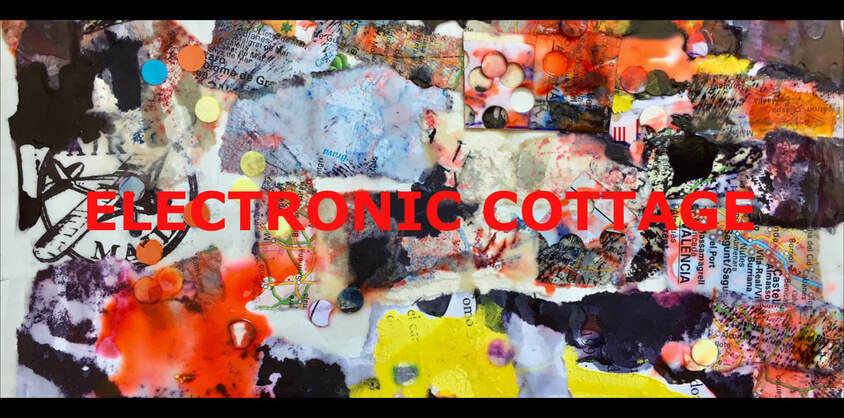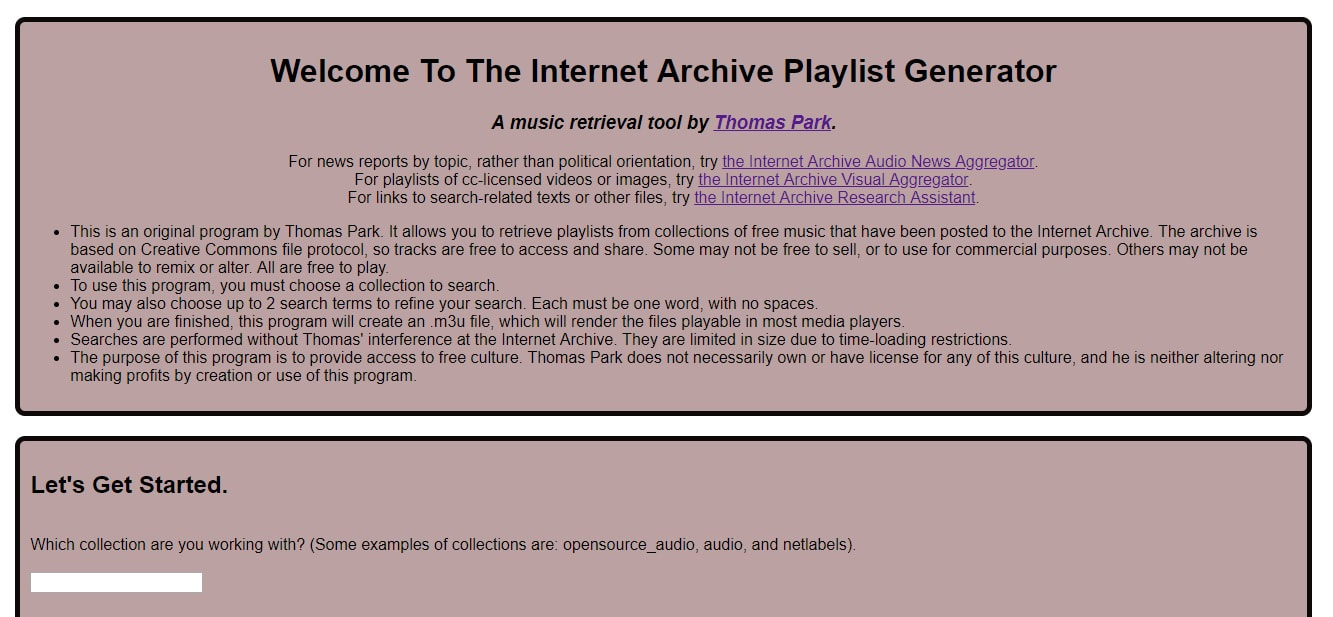|
You may be aware of the amazing music format, the .mp3. Did you know about its cousin, the .m3u? An .m3u file is essentially a playlist of mp3s. It can be very short to very long-- I once created an .m3u containing over 53000 tracks.
Many common media players play .m3us. Windows Media Player and Itunes, for example, are compatible. They are very easy to create-- an .m3u can be made just by pasting file locations of .mp3s, as text, into a text file and saving it as an .m3u. Don’t believe me? Give it a try! The thing about an .m3u is-- I believe it could essentially revolutionize the music industry. Nowadays, the remains of older paradigms for music are being kicked around by a privileged few. Many musicians are making little to no money. Some report that the big streaming services give them tiny returns for large amounts of plays. Sure, there are a select group of artists, mostly who still tour, who are making some money. Frankly, most are not, or not as much as they would have 10 or 20 years ago. The music industry represents a model that is outdated-- it does not reflect newer technologies. I am sorry to suggest that it is my opinion that the old model of cutting an album, having it mastered and released on vinyl, cassette or cd, is going out of fashion. Streaming is more and more the most feasible option, with releases being digital. Digital releases can be made available more quickly, They can be of nearly any length. They can easily be distributed-- since there is no physical product, files are immediately transferred and prepared for streaming. So. . . what about the .m3u? The .mp3’s cousin is even more ahead of the game. With an .m3u, and all of the free, cc-licensed music available, it is possible to create playlists that are very large and are genre- or theme- specific. For example, you can make an .m3u of techno tracks, or experimental loop tracks. Right now, I am listening to a playlist I made I call “Total Electronic Beats”. It has over 150000 track links. I created the .m3u using a piece of code I wrote called, “The Internet Archive Playlist Generator”. What I realized while writing the playlist generator is that we’ve been somewhat blocked from creating and using them. The .m3u is like the electric car someone invented in the 1980’s-- that never got released thanks to big oil and coal. I noticed that embedded players in html pages don’t play .m3us. I noticed that a person, though they can encue a series of .m3us in most media players, can’t move from one playlist to the other in shuffle mode. Further, to create .m3us-- you generally have to drop a list of tracks into your media player. In other words, you have to have the tracks in your console already. Why is this, when .m3us can easily be made using online file locations (where files are made public-- like at The Internet Archive)? I believe, and I am not alone, that the music industry giants would rather we not know about .m3us, or their friends the .wpl, or similar playlist files. They can unlock the potential of free music to supply listeners with more media than they would ever need-- without a penny being spent. That is why available media players have not fully implemented playlists, and why their creation is still left to more manual means. If this makes you curious, why not try out my playlist generator? It’s a free, public domain web application. All you have to do is to go here http://mystified131.pythonanywhere.com/ and enter a collection name and a few search terms, to generate your own themed playlist. Once you have your list, open it in your media player, hit shuffle, and listen to a selection of music that fits your needs-- that you probably have never heard before. This online version of my program can yield a list of as many as 800 or so tracks. I have an offline version that has no size limits-- with it I have created operating playlists with over 50000 tracks. If people could have a 5 mb file that had links to more music than they would ever need-- in a genre they enjoyed-- is it any mystery that you are being kept in the dark about playlists, and their potential to provide hours of entertainment?
7 Comments
|
Thomas Parkis a prolific electronic artist, Archives
March 2019
Categories |



 RSS Feed
RSS Feed